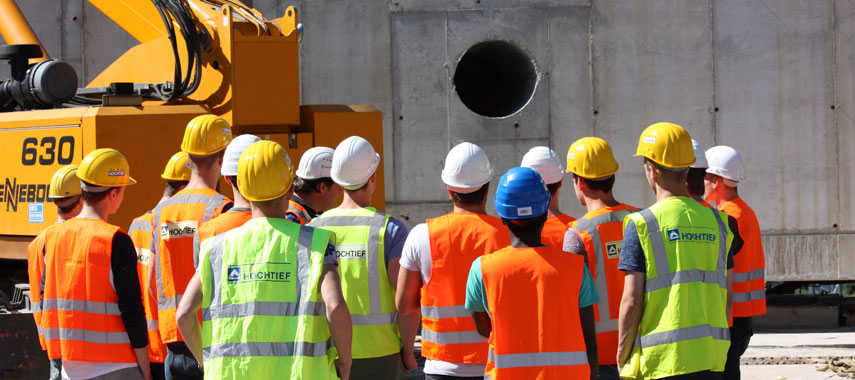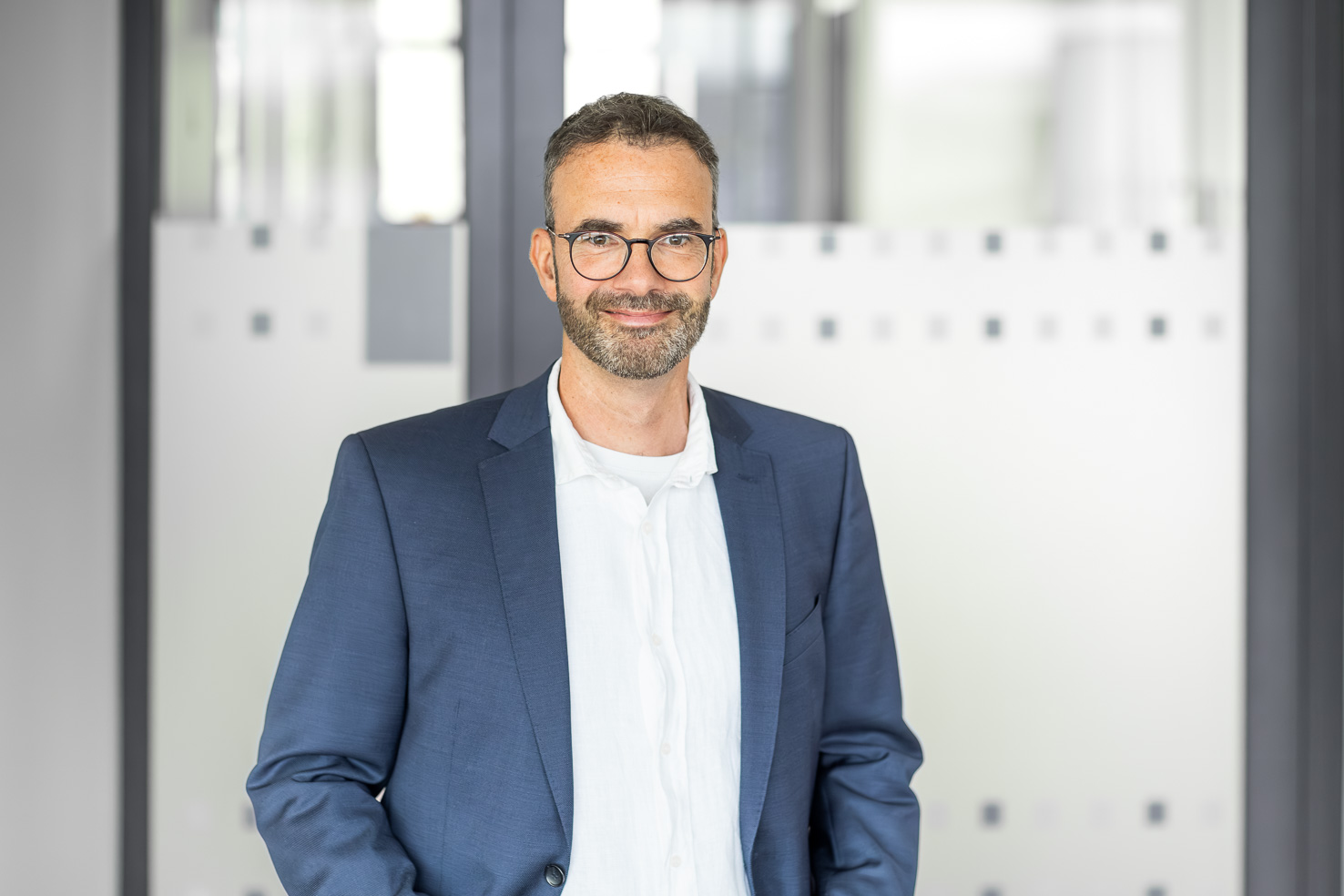Civil Engineering
- Fulltime

Civil engineers solve social challenges
Civil engineers are involved in key social challenges. For example, in the planning and implementation of infrastructure measures, supply and disposal technology and future urban development. The increasing digitalisation of society, climate and demographic change require innovative solution concepts for overcoming the challenges of tomorrow.

What you can expect
The Master's degree programme at Ruhr West covers current topics such as Building Information Modelling (BIM), sustainable building technology and bridge renovation in addition to the traditional course content of civil engineering. Students can choose between the specialisations "Structural Engineering" and "Construction Project Management". Methods for solving complex engineering and team-orientated problems are also developed in cross-competence modules.

Your study content
Graduates of the specialisation "Structural Engineering" have in-depth and detailed technical knowledge in the field of structural design of civil engineering structures. The focus is on specialising in steel and solid construction, bridge construction and the application of numerical simulation methods. In addition, students also acquire in-depth expertise in the field of geotechnics.
Graduates of the "Construction Project Management" specialisation focus on managing the successful, process-optimised implementation of construction projects and the operation of properties. Both technical and entrepreneurial as well as legal aspects of the process chain are considered.
Graduates of both specialisations also have indispensable specialist knowledge in the field of digital planning. The interdisciplinary cooperation between the two specialisations is made tangible as part of a practical project, with a particular focus on the interaction between the various specialist disciplines. Finally, graduates have the option of gaining in-depth expertise in the areas of building materials science, sustainable building technology, fire protection and flood risk management.
What you need to bring along
- Completion of at least seven semesters of professionally qualifying studies in an engineering degree programme
- At least 210 credits must have been earned, of which at least 96 credits must be in engineering modules in civil engineering
- Bachelor's graduates who have fewer than 210 credits must complete modules equivalent to a Bachelor's degree (learning agreements) by the time they register for the Master's thesis
Application process
The application phase for the admission restricted Master’s degree programmes for the coming winter semester begins on 01. May 2025 and ends on 01. August 2025. Applications can only be submitted online via our application portal.
If you have any questions, please contact the application support team.

Excursions and projects
Projects, excursions and company visits offer students and professors alike insights into the practical application of the knowledge taught in lectures, seminars and tutorials. Companies that were visited included Thyssen Krupp and the coking plant in Schwelgern. The construction sites of the HRW in Mülheim an der Ruhr and the DFB Museum were also visited.
- Company visits
- Insights into the practice
- Knowledge imparted in application
- Developing innovative ideas
- Actively shaping the future

